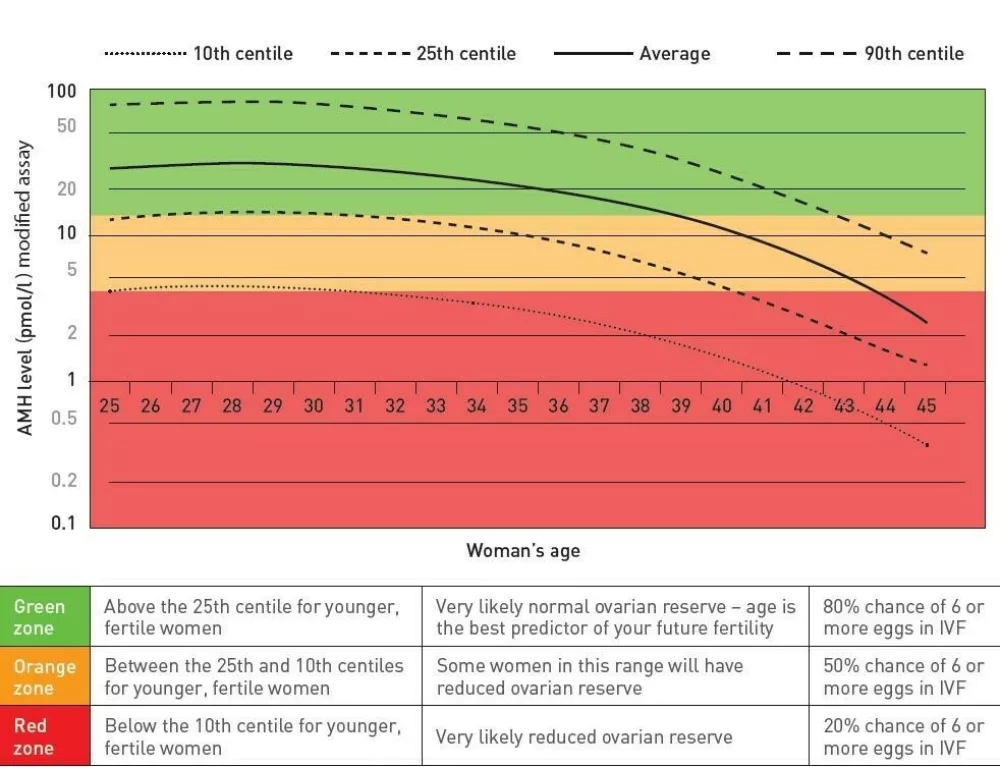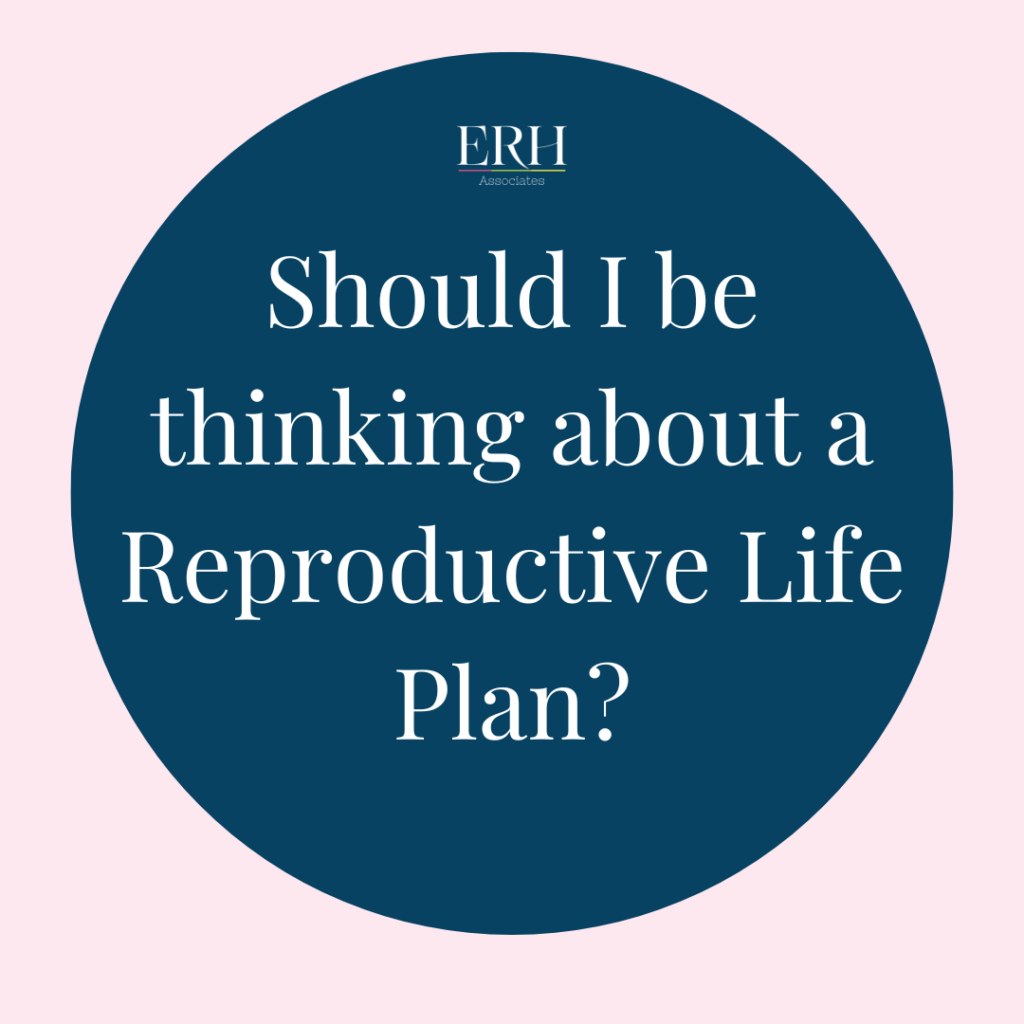What is a reproductive life plan (RLP)?
Planning a family or having a RLP might seem like a strange thing to think about when you are in
your early twenties, for example. But it’s actually very sensible to think ahead about fertility and
family planning, as life does not always go to plan. . . You don’t have to have all the answers at any
one time, it is perfectly normal for your thoughts around a RLP will change over time and as life
circumstances change.
Important questions to consider include whether you want to have children, how important having
children is to you – from ”happy if I do, ok if not” through to ‘nothing is more important to me” – and
how many children you would ideally like. Answers to these questions can help you plan out timing
around other things you want to achieve in life. Whilst it can often feel like it is never a good time
to have a baby there are better times than others. For some people, other considerations such as
gender transition, planned breast/ovary surgery for BRCA gene positivity, known early
perimenopause, risk factors for pregnancy, need for chemotherapy for example may also influence
timing and options for having children and it is important to discuss your options and your doctor.
When is the optimal time to conceive?
Women* tend to be most fertile between the ages of 18 – 30 years in terms of egg numbers and
quality, but with modern living it may be difficult to aim for having a family during this time. The
average age for first time mothers has been increasing, and research from the Australasian Fertility
Society about 10 years ago suggested that the number one reason for this was a time to find a
partner with whom to have a baby.
How long can you wait before starting a family?
Mathematical modelling from The Netherlands suggests that to have three children, starting by the age 28 years allows a 90% chance of completing your family.. If fertility treatment is not an option to achieve this then they suggest starting by the age of 23 years. . If two children is the aim, then starting by the age of 31 years gives a 90% chance of achieving this. (27 years if you are not prepared to have fertility treatment). If one child is the aim, there is a reasonable chance of achieving this if you start by age 35 years. You can find more information at this link –
https://www.ncbi.nlm.nih.gov/pmc/articles/PMC4542717/. There are of course many exceptions
to this rule – couples who have waited longer than these suggested times and have completed their
family without needing any medical help; these are simply some statistics that you can use if helpful
in your planning.
The truth is that when it comes to fertility for women*, age does matter.
Whilst there are may celebrity examples of women* getting pregnant later in age, it is important to
remember that we may not see the full picture, whether donor egg or other fertility treatment was
used for example.
If you are in your 40s and hoping to get pregnant, the good news is that this may be possible
depending your egg reserve. But if for example you are in your 30s and in a long-term relationship
and it is important to you to have your own biological children, starting sooner rather than deferring
to your 40s is probably a good idea!
Can I check my egg reserve?
For women*, If you have been trying for pregnancy for more than 6 months (or ir you have any
menstrual symptoms) it is always a good idea to see your doctor to start considering possible causes
for fertility delay. Whether or not you have experienced fertility delay, if you would like to have an
assessment of egg reserve (an assessment of your lifetime window of fertility rather than of your
current fertility), women can have an AMH (Antimullarian hormone) blood test. In New Zealand this
is not funded and costs $80-120 at the lab. Having an AMH level involves getting an AMH blood
form from your doctor, having the blood test and then reading the blood result against your age on
the AMH graph to see whether your AMH maker of egg reserve is above, below or average for your
age. Some health conditions can affect the AMH level such as PCOS which can falsely elevate the
level or hypothalamic amenorrhoea or relative energy deficit which can suppress the level.
Fertility Associates have an AMH pamphlet including the interpretation graph.

The decision to have children or not is one of the most important decisions we might make, and
being proactively aware of your options can help you make the choices that are right for you and
your family.
#pregnancyplan #repredoductivelifeplan #howmanychildren
Women*= assigned at birth women

Comments +